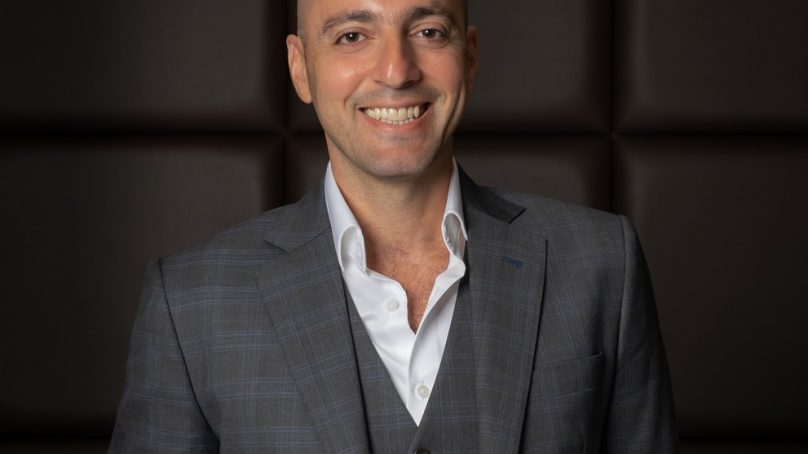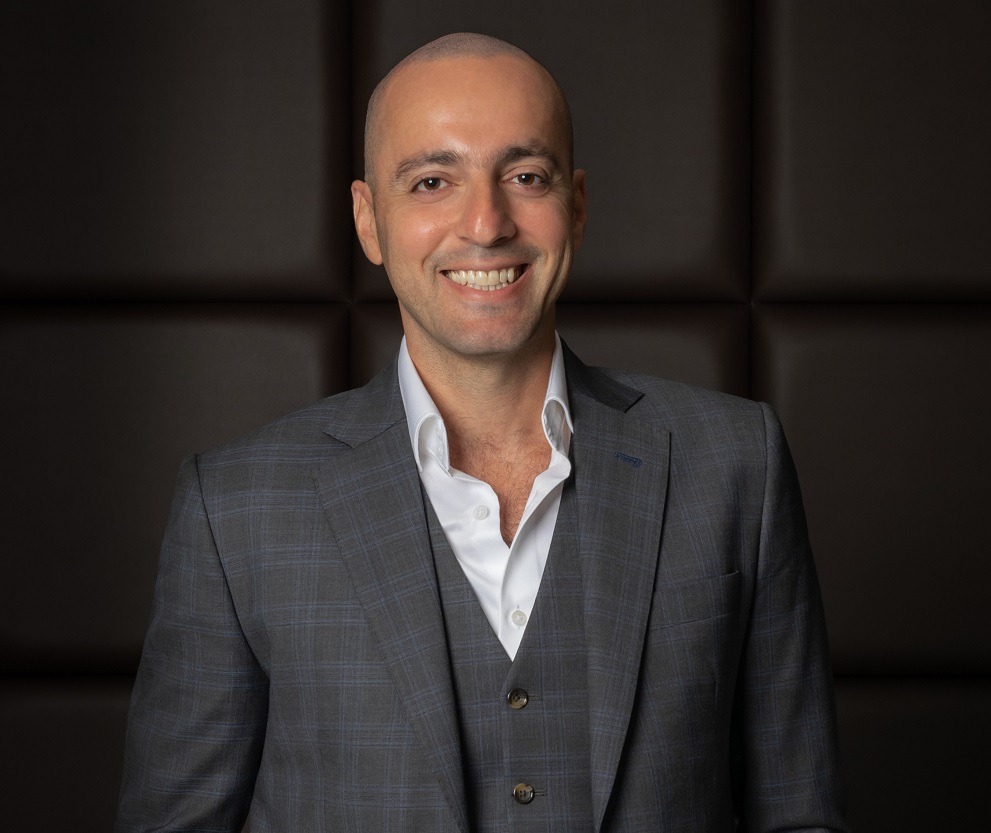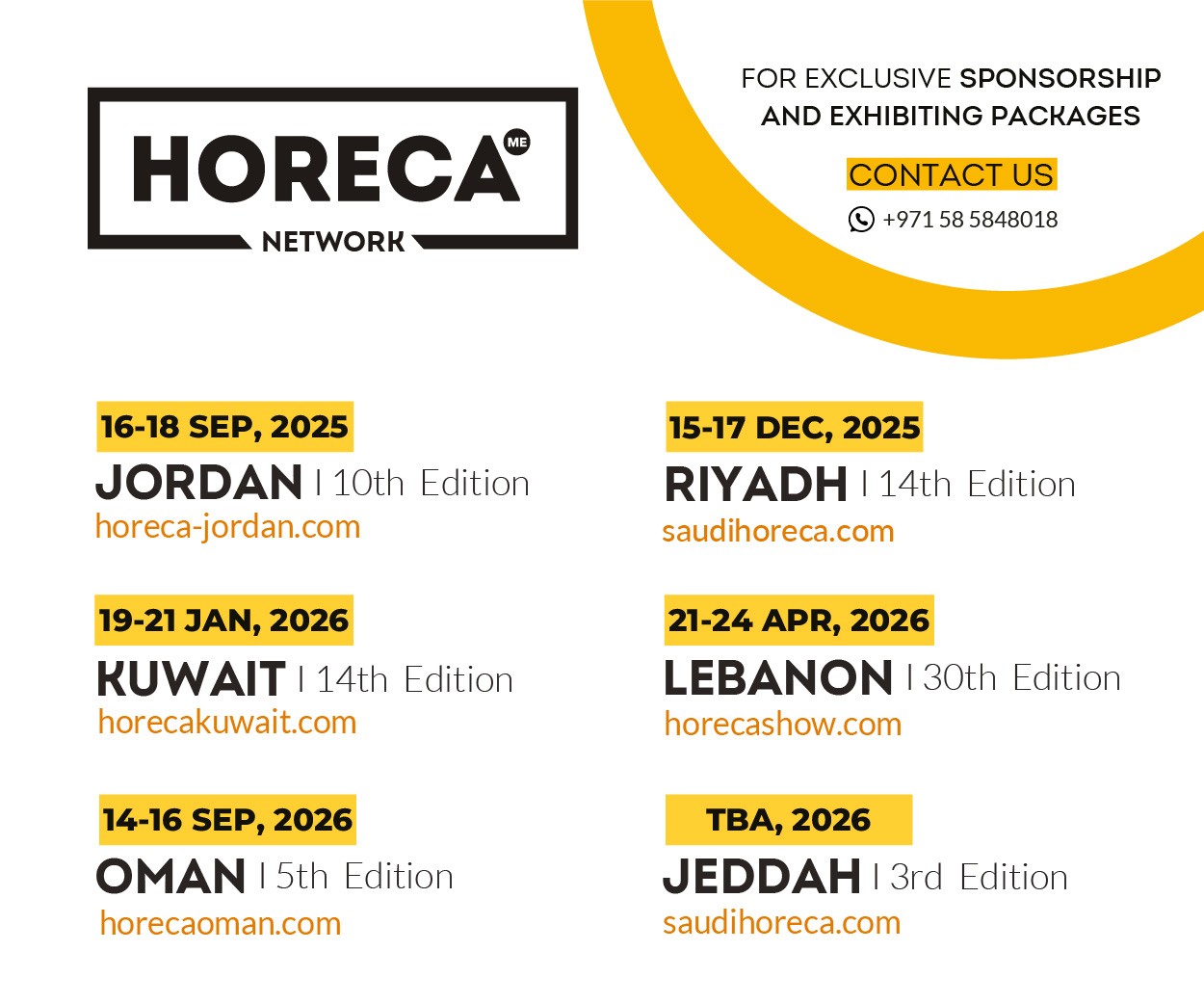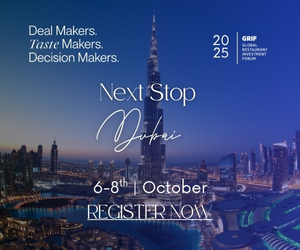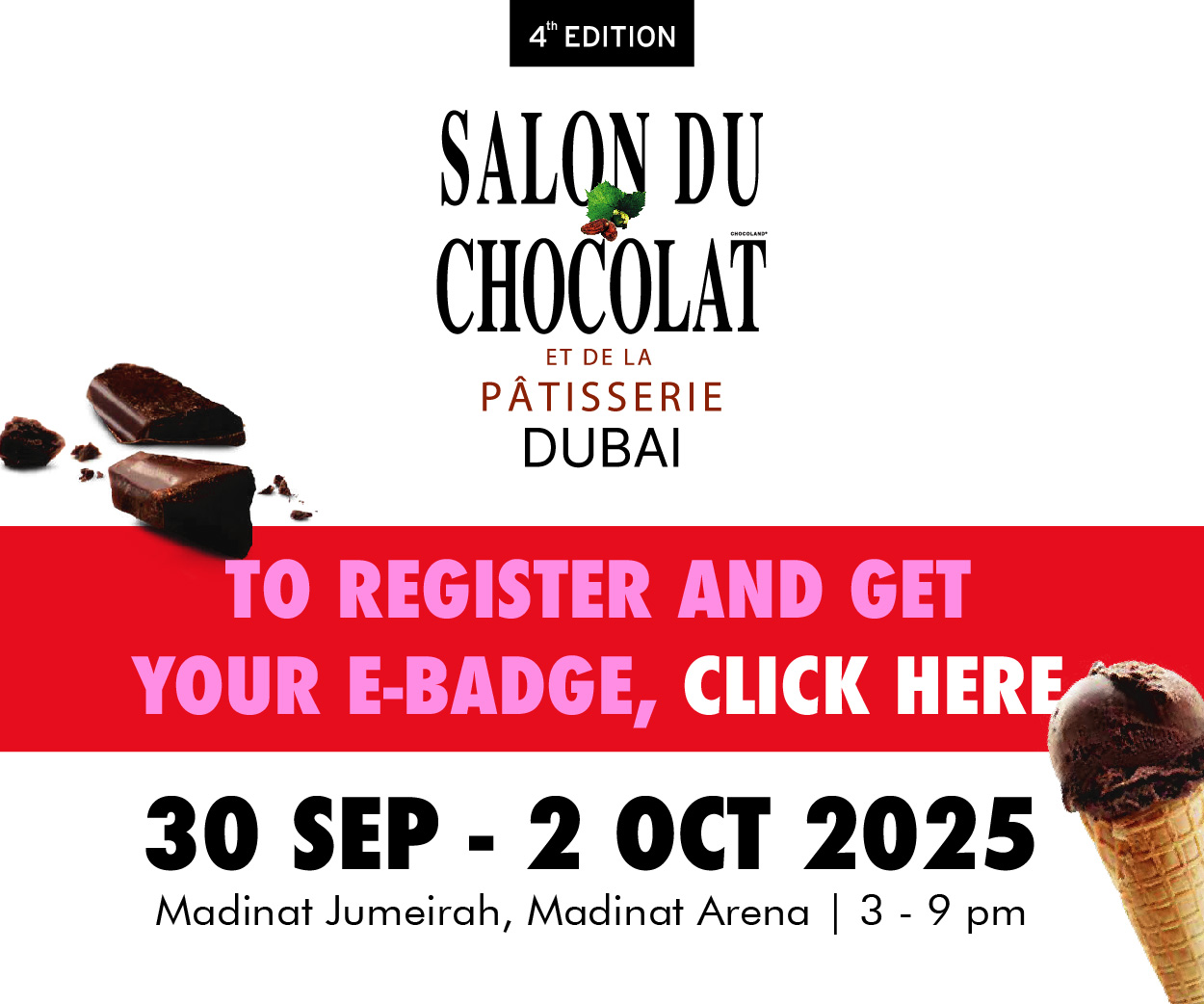With the hospitality industry getting ready to reboot after the ease of COVID-19 measures, and with the hopes the announcement of potential vaccines brought, it is imperative to understand how the hospitality business will embrace the change and kick off a new wave of development. HN spoke to Radisson Hotel’ Elie Milky to highlight the chain’s upcoming projects and underline its agenda.
How do you describe Radisson’s risk management implementation during COVID-19?
Every day is a new challenge and we have all had to adapt and act together as a global community, but the pandemic has also highlighted the importance of communications with our guests, team members, owners and partners. Being able to adapt, respond and implement measures swiftly has been, and will continue to be key moving forward. In May 2020, we launched our Radisson Hotels Safety Protocol, a program of in-depth cleanliness and disinfection procedures developed in partnership with SGS. Radisson Hotel Group also played a leading role in developing the World Travel and Tourism (WTTC) “Safe Travels” protocols, to ensure a common high standard of hygiene, safety and sanitation that is standardized and implemented around the world, and validated by a third party.
Radisson Hotel Group has shown a readiness to be innovative when it comes to hybrid meetings, with both in-person and virtual experiences. Throughout 2020, we have continued investing in our systems and increased digital infrastructure, while we accelerated the launch of our new Hybrid Meetings and Hybrid Rooms Solutions.
The company’s cost saving initiatives and lean operating model have further improved the profitability of each hotel in our portfolio, in a further effort to mitigate risk. This has placed Radisson Hotel Group in a much stronger position compared to the competition as we focus more on profits, and as we position ourselves as one of the top hotel groups for investors to partner with.
Was the region more resilient and sustainable compared to other Radisson markets?
Globally, the hospitality sector has faced challenging times due to COVID-19 which has resulted in reduced travel demand and booking cancellations. The situation in the Middle East has of course been no different. Nevertheless, we need to look ahead to the future. Travel will continue to rebound, and more capital is being invested in the industry from both the private and public sectors. Looking at the markets within the Middle East, we believe that hotels in the UAE and Saudi Arabia will lead the recovery in the Middle East’s hospitality industry. The recovery has already been noted in markets with strong domestic demand for leisure hotels, i.e. desert and beach resorts, as well as serviced apartments which continued to maintain healthy occupancy levels and strong profit margins.Looking ahead, Saudi Arabia will continue to benefit from ongoing tourism initiatives, upcoming mega projects, and domestic tourism. The UAE has also been seeing an increase in local demand and staycations. We also hope the ongoing efforts of the country will lead to an international boost towards the end of the year, particularly since the UAE has placed itself as one of the very few international destinations open for business and leisure tourism as much of the world goes into another lockdown. Looking at 2021, the Expo Dubai, which will start in October 2021 and go on till March 2022, carries great potential for the market.
What is Radisson’s key strength point?
Historically, our group has been known for repositioning existing hotels under one of our brands and we believe we can continue to replicate the same success as owners look at ways of improving their returns. With the overall instability of the economy in the region, hotel owners are looking for custom solutions offered by trusted operators. And we are offering just that. What’s important to our investment partners is that we’ve reviewed our brand offering and have created a clean and simple brand architecture from midscale to luxury, and from resorts to business hotels, while also offering serviced apartments. Our technical team has produced comprehensive brand guidelines allowing us to further accelerate the speed of conversion, while also considerably reducing the cost of development of each brand, making us competitive in adding value to our investors.
Tell us more how did your diversified portfolio help you prevail?
As the industry matures, it is required to diversify, and we have witnessed a positive segmentation in the sector with the introduction of midscale brands but also serviced apartments and resorts. Radisson Hotel Group portfolio includes Radisson Collection, Radisson Blu, Radisson, Radisson RED, Park Inn by Radisson, and our newest addition, Radisson Individuals. The recent launch of Radisson Individuals marks another milestone in our transformation plan. We created Radisson Individuals in response to the evolving demands of the modern market for both hotel owners and guests and as a complement to our other existing brands. Radisson Individuals is an ideal first step for unique hotels with strong service scores who wish to remain independent or may be considering transitioning to one of our successful core brands. With our six distinctive brands we aim to continue expanding our brand architecture and strengthening our presence across EMEA. The Middle East offers an opportunity for more affordable resorts particularly under our upscale, four-star Radisson brand, as well as branded serviced apartments. We believe the market is ready for our lifestyle Radisson RED brand in key cities such as Dubai, Abu Dhabi, Riyadh, Jeddah, Beirut, to name a few. Building on the success of our premium Radisson Collection brand in Riyadh, we believe there is an opportunity to launch that product in the UAE with the right asset. With the recent launch of Radisson Individuals, we are now scouting the market for unique products that are already in operation and that would be an ideal fit, particularly in Dubai.
How did COVID impact your developments in the region? Will you be able to maintain your pace?
We at Radisson Hotel Group, with our partners and investors, remain committed to our ambitious five-year plan and our mission to be recognized as one of the top three hotel brands in the world and the brand of choice for owners, guests, and talent. In 2020, we have confirmed over 40 new hotel signings across EMEA to date. The new signings reaffirm our commitment to our owners, partners, and our development plan. Looking towards the future, our ambitions across the Middle East region have remained the same and we are further accelerating our development. Despite the unprecedented challenges we face, we continue to work closely with our stakeholders to support the business. The constant desire for improvement and as we further facilitate business in the region both play as a catalyst for foreign investments. This has allowed us to continue our work over the last months and focus on getting deals done. Real estate activity has not stopped since investors look to the long term, and this is where we support them. The past few months saw investment activity and new hotel leads continue to flow, although at a slower pace, which is expected.
Which markets interest you more? Did you alter your development strategy due to COVID-19?
Our strategy for the region has not changed. Our approach has, with the launch of Radisson Individuals as an example in how we are addressing conversion opportunities. The Middle East region remains one of the key focus markets for Radisson Hotel Group’s global development strategy, with the United Arab Emirates and the Kingdom of Saudi Arabia as the main markets. Looking at Saudi Arabia, more than 50% of our Middle East portfolio in operation and under development is in the kingdom. We operate over 20 hotels, resorts and serviced apartments with over 3,500 keys in KSA today – with a pipeline doubling our portfolio by 2025. We expect to have at least 10 more openings over the next 18 months. Having said that, despite the challenging year, 2020 saw the opening of two Park Inn by Radisson hotels in Jeddah and in Riyadh.
Do you think the market will change its preferences? and will you develop new brands for instance to match these requirements?
We have already seen a shift in preferences to resorts and serviced apartments, from both investors as well as consumers. We are in turn focusing on those asset classes as well, now more than ever. There will undoubtedly be many more changes that the sector will have to become accustomed to. The pandemic has fundamentally changed the way consumers look at their travel plans. With uncertainties over when to travel, where to travel or how long to travel. Our aim is to offer you as much flexibility and planning comfort as possible. We therefore mitigate this with flexible cancellation and rebooking policies and ensure that we have the right procedures in place in order for our guests to feel at ease. Consumers will want to continue being reassured that hotels are taking their health and safety seriously, which is why we are ensuring that we elevate our promise, by maintaining and enhancing hygiene standards globally. The post-COVID-19 era will put a major emphasis on cleanliness and safety. On the other hand, our growth journey continues across all markets and key owners, where we are selectively targeting key developments and partners where we could add value. Whilst the hospitality industry has been amongst the hardest hit, real estate investments are long-term and something every investor needs to keep in mind. Considering the timeframe of one to two years before opening a new hotel, we believe the occupancy levels and demand for traveller would have recovered. And we are already to see a recovery in some hospitality products and in some markets.
Where do you see the chain in the next five years?
We have stated a clear ambition to become one of the most favored hotel companies and preferred choice for our guests, employees and investors. As such, we remain confident that the execution of our 5-year plan will continue to deliver results for our shareholders, create memorable moments for our guests and also provide the employment opportunities for our associates. Looking beyond, we expect further acceleration in our growth not only organically but potentially through new ventures and strategic alliances. The great support and commitment of our new shareholder should also represent a positive momentum for our group to leverage on and further gain traction at all levels – commercially, financially as well as in brand awareness and competitiveness.





